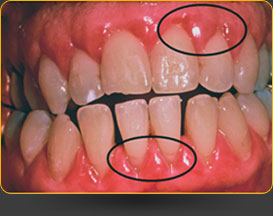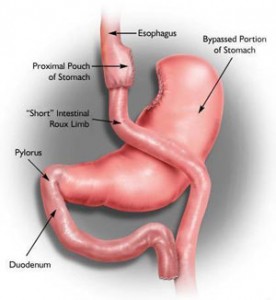Coffee can be good for you, and this is one of the items, which even tastes good! There are some exceptions as discussed in previous articles: more than 2 cups per day can increase the risk for miscarriages in pregnant women. People who are anxious or nervous can find that coffee will aggravate anxiety. Patients with rheumatoid arthritis should also not indulge in the flavorful brew.
Aside from these exceptions researchers have found that coffee consumption can be beneficial. A recent study using the data from 41,736 male and 86,214 female subjects has evaluated data over a follow- up time of 18 years in the male group and 24 years in the female group. The risk of all-cause mortality decreased significantly with increasing coffee consumption in the male as well as in the female group.
Men had a relative risk reduction of 20% as compared to their counterparts with the lowest level of coffee consumption. Women with intermediate to high consumption had a relative risk reduction of 10% to 30 % as compared to the group that drank less than 1 cup of coffee per day.
The limit of the study in this case was the self-reported nature of coffee consumption, but the researchers feel that the modest benefit of reduction of all-cause and CVD death warrants further investigation.
Reference: June 17, 2008 Annals of Internal Medicine
Last edited December 4, 2012















